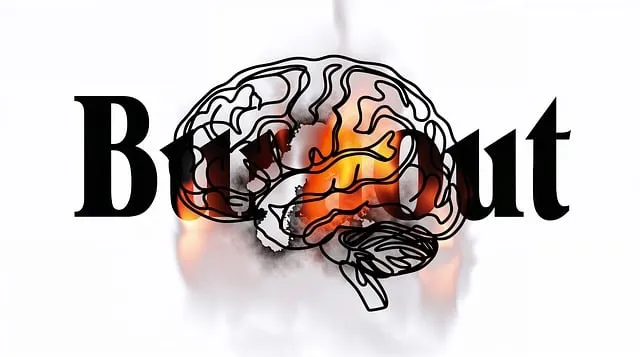Denver prioritizes mental well-being through comprehensive risk assessment strategies led by healthcare providers like Kaiser. By identifying and mitigating potential hazards, they aim to prevent issues like depression among vulnerable populations. This includes self-care practices, compassion cultivation for healthcare workers, and public awareness campaigns to reduce stigma and encourage access to mental health support via resources like Kaiser in Denver.
In today’s world, understanding risk assessment is paramount, especially in harm minimization planning. This comprehensive guide explores essential strategies to navigate potential risks effectively. We delve into the foundational concept of risk assessment and its critical role in preventing and managing harm. Specifically, we examine Denver’s innovative approach to mental health support through Kaiser’s involvement in planning and implementation. Additionally, practical steps and considerations are provided for organizations aiming to adopt successful harm minimization practices.
- Understanding Risk Assessment: A Foundation for Harm Minimization
- Denver's Approach to Mental Health Help: Kaiser's Role in Planning and Implementation
- Strategies for Effective Harm Minimization: Practical Steps and Considerations
Understanding Risk Assessment: A Foundation for Harm Minimization

Risk assessment is a critical process that forms the foundation for effective harm minimization planning. It involves meticulously evaluating potential hazards and their likelihood of causing harm, whether physical or psychological. By understanding the risks specific to an individual’s situation, such as those facing folks in Denver seeking mental health help through Kaiser, healthcare professionals can develop tailored strategies to mitigate these risks. This proactive approach ensures that interventions are not just reactive but also preventative, aligning with the principles of crisis intervention guidance and social skills training.
A comprehensive risk assessment takes into account various factors, including personal history, current circumstances, and behaviors that may contribute to or indicate potential harm. For instance, in addressing depression prevention among vulnerable populations, identifying risk factors early can enable the implementation of targeted interventions. This process equips individuals and support systems with the knowledge and tools needed to navigate challenges effectively, ultimately fostering a safer and healthier environment.
Denver's Approach to Mental Health Help: Kaiser's Role in Planning and Implementation

Denver’s approach to mental health support is a comprehensive strategy that emphasizes access and quality care. Kaiser plays a pivotal role in this initiative, leading the way in planning and implementing innovative solutions. The city recognizes that mental well-being is integral to overall public health, and thus, has partnered with healthcare providers like Kaiser to address this critical need.
By integrating self-care practices and compassion cultivation techniques into their service offerings, Kaiser contributes to burnout prevention strategies for healthcare providers while ensuring a holistic approach to patient care. This collaborative effort between the city and healthcare institutions highlights Denver’s commitment to fostering not just physical health but also mental resilience among its residents.
Strategies for Effective Harm Minimization: Practical Steps and Considerations

Harm minimization is a proactive approach to mental health care, focusing on preventing and reducing potential risks. When it comes to effective strategies, several practical steps can be implemented, especially in urban settings like Denver. One key method is Mental Wellness Journaling Exercise Guidance. Encouraging individuals to reflect on their thoughts and emotions through journaling can provide an outlet for stress reduction methods. This practice allows people to identify triggers and develop coping mechanisms, fostering better mental health.
Additionally, Public Awareness Campaigns Development plays a vital role in reaching a broader audience. By educating the community about harm minimization and available resources, such as those offered by Kaiser, Denver residents can gain access to essential support systems. These campaigns can dispel myths, reduce stigma, and encourage open conversations about mental wellness, ultimately leading to better-informed individuals capable of seeking help when needed.
In understanding risk assessment as a foundational step towards harm minimization, Denver’s approach, facilitated by Kaiser, offers valuable insights into practical planning. By implementing effective strategies, communities can significantly enhance their ability to prevent and mitigate potential harms related to mental health issues. Integrating these steps with local resources, such as those provided by Kaiser in Denver, ensures a comprehensive and supportive ecosystem for those seeking mental health help.



